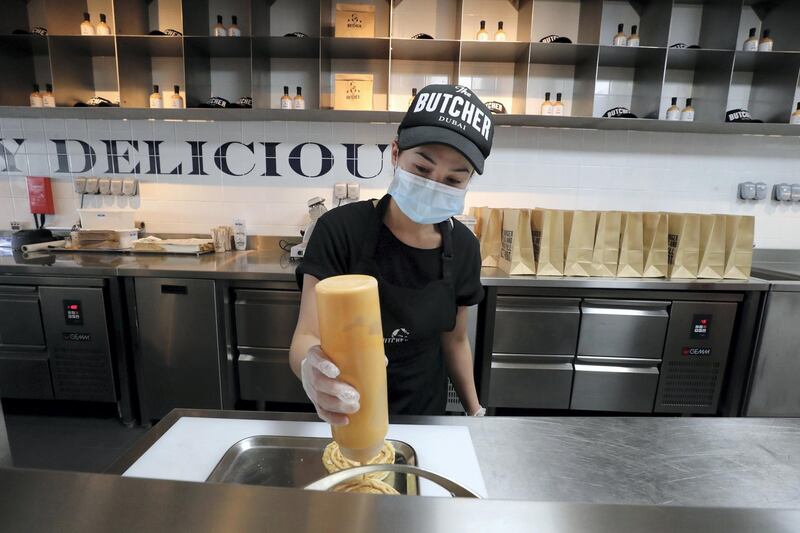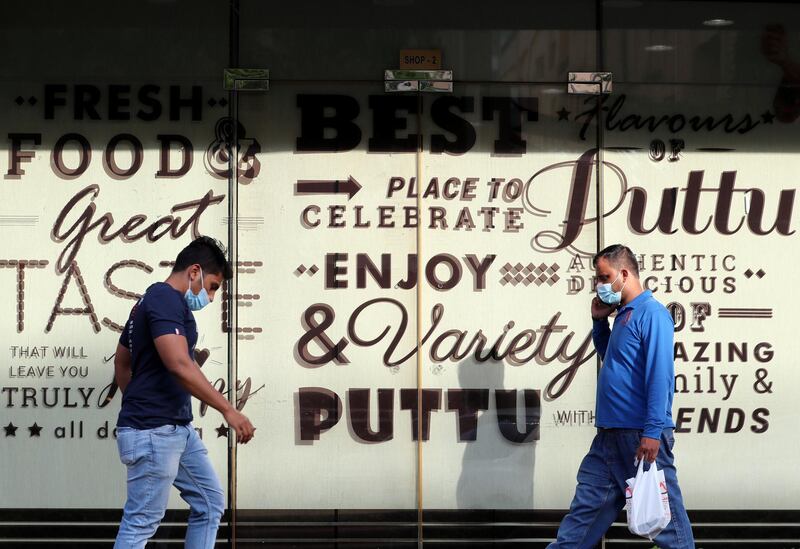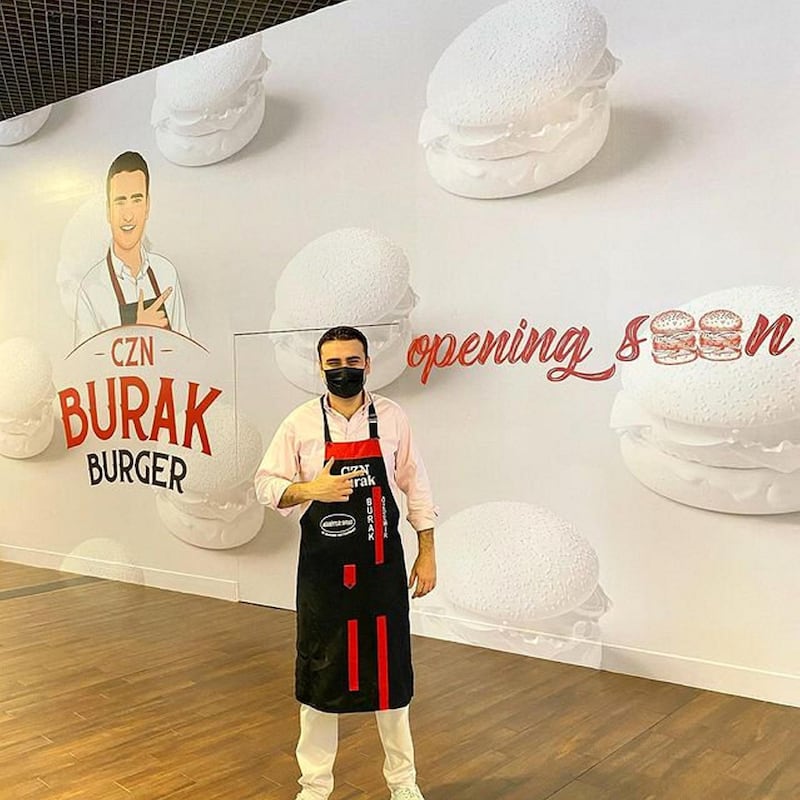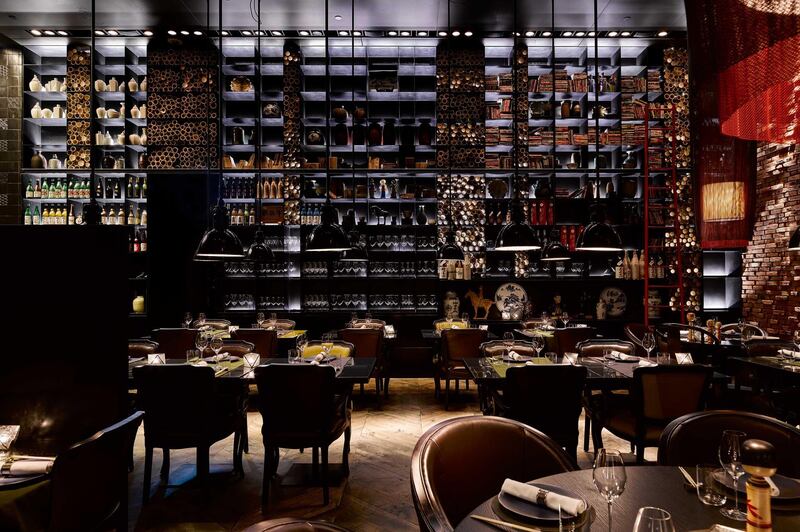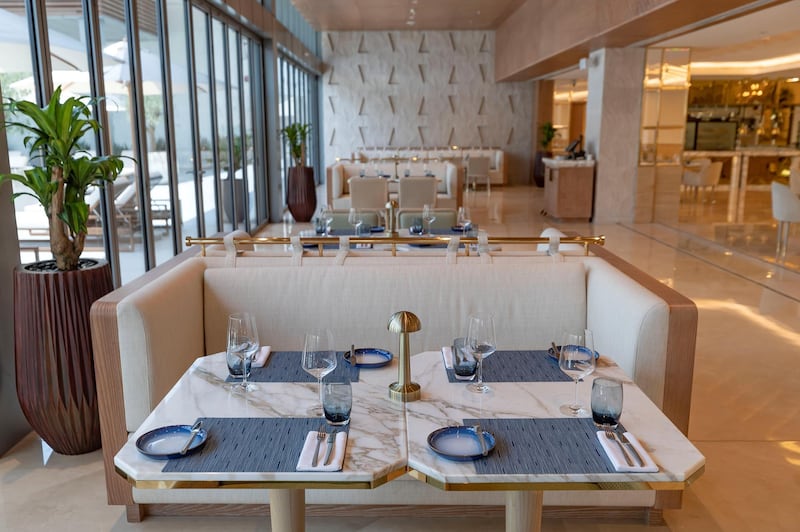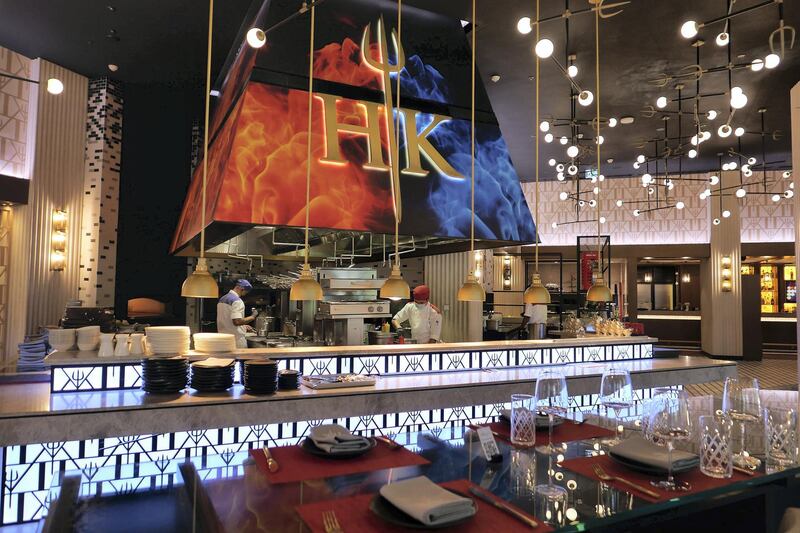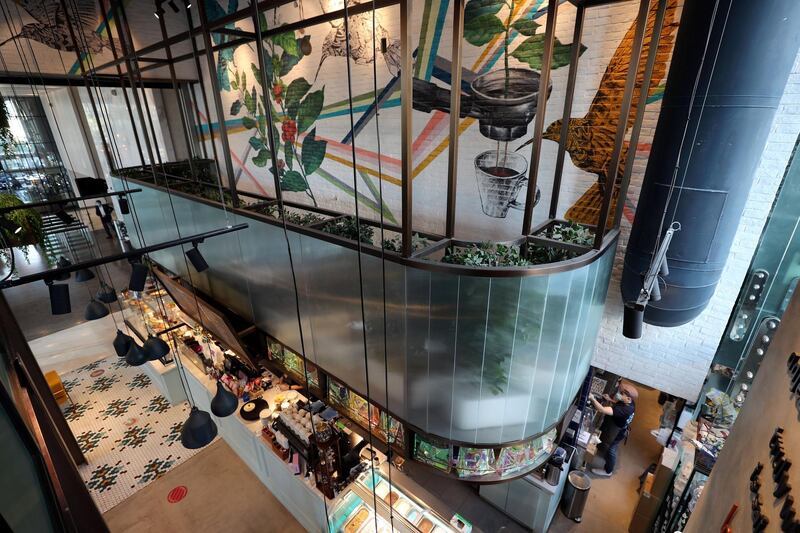When it comes to restaurants in Dubai there is no shortage of dining options. Whether you crave haute cuisine or pub grub, or anything in between, the emirate has it all.
Even during the pandemic the sector continued to expand.
In February 2019 there were 11,813 restaurants in Dubai, but by January this year that number had swelled to more than 20,000, according to Dubai Municipality.
Fashions change fast and turnover in the industry is high, as new food trends are quickly introduced to the market.
Last year, 1,303 new food establishments opened in Dubai – that boils down to a rate of 3.5 eateries per day.
But what does it take to open and run a successful restaurant?
The National spoke to food and beverage experts for their tips on how to open a successful restaurant in Dubai.
1. Constantly re-engineering menus
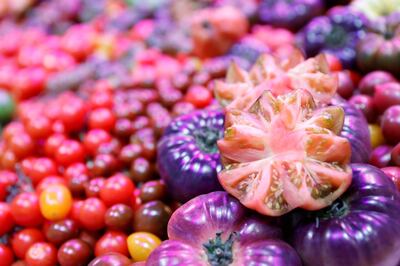
Dubai's residents are fickle, and the restaurant market reflects the constant hunger for new trends.
Gabrielle Mather, chief executive and founder of UAE food consultancy Restaurant Secrets, said menus must be re-engineered every three to six months if they are to stay relevant.
"To draw inspiration from all over the world – restaurant owners need to get the right talent on board, including Michelin-starred chefs and creative mixologists," Ms Mather said.
Naim Maadad, the founder of Gates Hospitality and owner of restaurants such as Reform Social and Grill and folly by Nick and Scott, said it is important to stay focused on what your restaurant offers to the market.
"An effective method to keeping your brands popular is to have regular activations and collaborations. It's also essential to have smart social media, good marketing and media strategy management."
A food and beverage consultant can help to develop crowd-drawing dishes and signature menus, although as the owner of several restaurants, Mr Maadad has his own professional team.
2. Budget for staff training
Staff turnover in restaurants is high and managers frequently poach the best people from each other.
To keep up standards, restaurateurs need to constantly train their people.
Not factoring these costs into your budget can leave you with a serious problem, Ms Mather said.
Staffing costs are particularly high in the UAE where employers are responsible for visas, health care, accommodation and even transport to the workplace.
Mr Maadad, who runs several restaurants in Dubai and Australia and the Six Senses Zighy Bay resort in Oman, said restaurateurs need to incentivise their staff to stay loyal.
"You need to ensure you're fair, and treat your staff equally. Empathy is important, as is development and training," he said.
"We create career progression plans for our staff, and we make sure everyone feels like they're part of the team."
3. Take waste management seriously
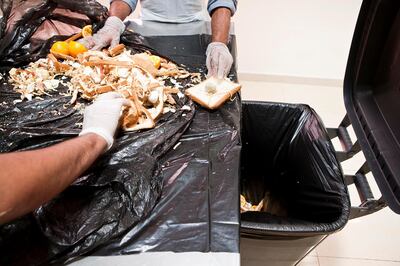
The UAE is one of the worst countries in the world when it comes to per capita waste generation.
About 38 per cent of the food prepared every day in Dubai goes in the bin, and in past years this figure jumped to about 60 per cent during Ramadan, according to Dubai Carbon.
Decomposing food emits methane gas, which is reportedly 25 times more damaging to the environment than CO2.
Food waste is also bad for the bottom line, but an experienced team will ensure no dirham is wasted, Mr Maadad said.
"If you hire professionals, they will believe in your brand, and feel a sense of belonging. What's more, they'll consistently enforce your standards effectively and efficiently."
Too many restaurants do not have waste management systems in place, Ms Mather said.
A strong handle on inventory control is necessary to ensure expensive steak does not end up in the rubbish.
Experienced restaurateurs use a just-in-time inventory system that enables chefs to receive goods as close as possible to when they are actually needed – a must-have in the current unpredictable market.
4. Invest in Instagram marketing

There is a reason that the words 'Dubai' and 'Instagram' go hand in hand – that is because marketing on the platform is more effective in the emirate than almost anywhere else in the world.
A restaurant's social media account is crucial to positioning the brand and communicating with customers, and needs to be taken seriously, Ms Mather said.
"This is why budgeting for a social media expert with the relevant skills is of serious importance," she said.
"Invest in a good quality camera for those high-definition shots and start building top-notch content.
"A lot of consumers decide on where to dine while scrolling through their feed so make sure you stand out."
5. Choose your kitchen and contractors very, very carefully
Any restaurateur planning to open a high-quality restaurant on schedule needs to prepare to pay a premium, Ms Mather said.
"As with any project, shaving money off costs by going with a cheaper contractor will only cost more in the long run", she said.
Delayed openings are not uncommon in Dubai, but hold-ups can be avoided by tendering out the build contract and asking for references.
Restaurant owners should make sure they check their contractor's previous work, because the fit-out of food and beverage units can be very different from other projects.
